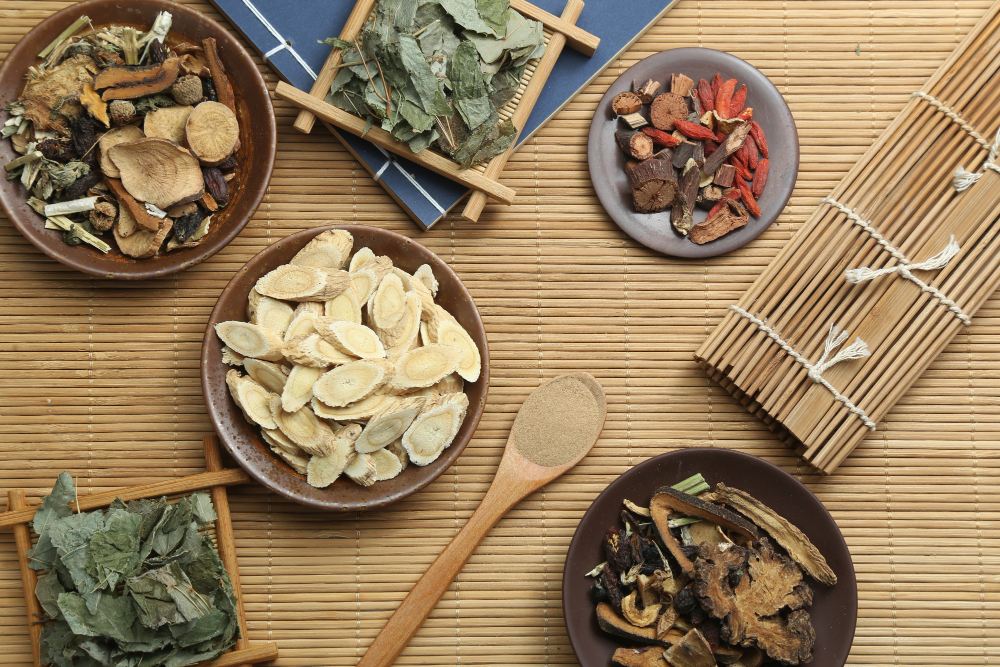Hong Kong Chinese Medicine: A Hidden Champion in Global Trade

Hong Kong is best known for exporting electronics, jewellery, food, and clothing. Less visible but rapidly emerging is proprietary Chinese medicine (PCM), a hidden champion that recorded HK$2.88 billion in exports in 2024.
Mainland China absorbed 70%, Macao 20%, and ASEAN 6%. Unlike most sectors where Hong Kong acts as a re-export hub, 93% of PCM exports were locally produced. This makes PCM a rare industry where Hong Kong is a genuine origin market, with strong foundations for global recognition.
This article examines the growth of Hong Kong’s PCM exports, the regulatory pathways shaping access to the Greater Bay Area (GBA) and ASEAN, and the practical challenges that companies must address. It also explores how government support and innovation are strengthening the sector, and where InCorp Hong Kong can help businesses turn opportunity into sustainable expansion.
The Hong Kong Chinese Medicine Industry Ecosystem
| Metric | Figure | Notes |
|---|---|---|
| Companies engaged in PCM activities | ~2,000 | Spanning import/export, manufacturing, wholesale, and retail |
| Registered local manufacturers | 264 | Licensed under the Chinese Medicine Ordinance |
| Registered products | 8,244 | Registered by 345 enterprises as of 2025 |
| Key institutional support | Chinese medicine hospital opening in 2025 | Reinforces integration into healthcare system |
Government support and innovation
The Hong Kong SAR Government has promoted Chinese medicine through regulation, industry councils and targeted funding. A notable milestone is the U.S. clinical trial approval for a Hong Kong Baptist University-developed PCM, Ma Zi Ren Wan, supported by the Innovation and Technology Commission.
Such investment highlights Hong Kong’s commitment to modernising and internationalising PCM. For exporters, it signals that Chinese medicine is not just heritage but a research-driven, regulated industry ready to compete globally.
InCorp Hong Kong enables firms to take innovations like these from lab to market, advising on corporate structuring, product licensing and intellectual property protection.
GBA opportunities shaped by regulation
The Greater Bay Area (GBA) remains the most immediate opportunity. The Mainland PCM market is worth around RMB450 billion, and reforms are creating new access routes:
- Since 2021, topical medicines sold in Hong Kong and Macao can enter Guangdong through streamlined approvals.
- In 2025, the National Medical Products Administration simplified rules for oral medicines with at least 15 years of safe use in Hong Kong, provided they comply with GMP standards.
- Certain external-use products, such as medicinal wines and cooling oils, are included in the Cross-border E-commerce (CBEC) retail import list, enabling pilot sales online before full registration.
These measures open doors, but exporters must navigate fragmented requirements across Mainland, Hong Kong and Macao. InCorp Hong Kong helps businesses map regulatory pathways, prepare dossiers efficiently, and build CBEC models to reach consumers faster.
ASEAN as the next frontier
ASEAN markets currently account for just 6% of Hong Kong’s PCM exports, but their regulatory frameworks often classify PCM as herbal medicines, health foods, or dietary supplements. This creates clearer compliance pathways than in other regions and positions ASEAN as a natural second wave of expansion after the GBA.
InCorp Hong Kong supports exporters with market prioritisation, distributor agreements, and multi-country compliance frameworks — ensuring firms can scale regionally without overstretching resources.
Key challenges for exporters
Despite the positive momentum, practical hurdles remain:
- Documentation burdens: Varying dossier formats and duplicated submissions across GBA jurisdictions.
- High compliance costs: Regulatory spend can be disproportionately high for SMEs.
- Transitional reliance: Many PCMs in Hong Kong are still under temporary registration, delaying full market certainty.
- IP and labelling risks: Exposure to parallel imports and inconsistent packaging rules underscores the need for early brand defence.
Exporters must address these issues without losing focus on growth. InCorp Hong Kong works alongside companies to manage compliance calendars, bilingual labelling, trademark filings, and HR and payroll for new markets.
Market positioning advantage
According to HKTDC Principal Economist Wing Chu, Hong Kong PCM products are highly regarded in southern China and among overseas Chinese communities. Combined with streamlined approvals and the growth of e-commerce, this reputation offers companies a strong base for expansion.
Businesses have the opportunity to build brands that combine cultural credibility with international compliance standards. InCorp Hong Kong partners with firms to design structures and safeguards that turn reputation into sustainable revenue.
Where To Next?
Hong Kong’s proprietary Chinese medicine sector is transforming from niche to mainstream. With strong government support, regulatory reforms, and rising demand across GBA and ASEAN, the industry is positioned for significant growth.
Yet success will favour those who plan carefully, balancing compliance costs, protecting IP, and sequencing market entry. Hong Kong’s hidden champion is ready for the world. Partner with InCorp Hong Kong to map your export readiness, secure the right licences, and protect your brand as you scale across the GBA and ASEAN.
FAQs
What is driving Hong Kong Chinese medicine export growth?
- Government support, innovation funding, strong demand in Mainland China, and reputation among Chinese communities.
What are the main regulatory challenges in the GBA?
- Fragmented frameworks in Mainland China, Hong Kong, and Macau, each with distinct dossier and evidence requirements.
How does cross-border e-commerce support PCM exports?
- CBEC enables pilot sales of external-use products like medicinal wines and cooling oils under simplified import rules.
Why is ASEAN important for Hong Kong PCM exporters?
- ASEAN often regulates PCM as herbal or health products, offering a clear pathway and strategic second wave of expansion.
How many PCMs are registered in Hong Kong?
- As of 2025, 345 enterprises have registered 8,244 products with the Chinese Medicine Council.
How can InCorp Hong Kong assist PCM exporters?
- By advising on regulatory mapping, incorporation, CBEC operations, IP protection, and compliance management across the GBA and ASEAN.

